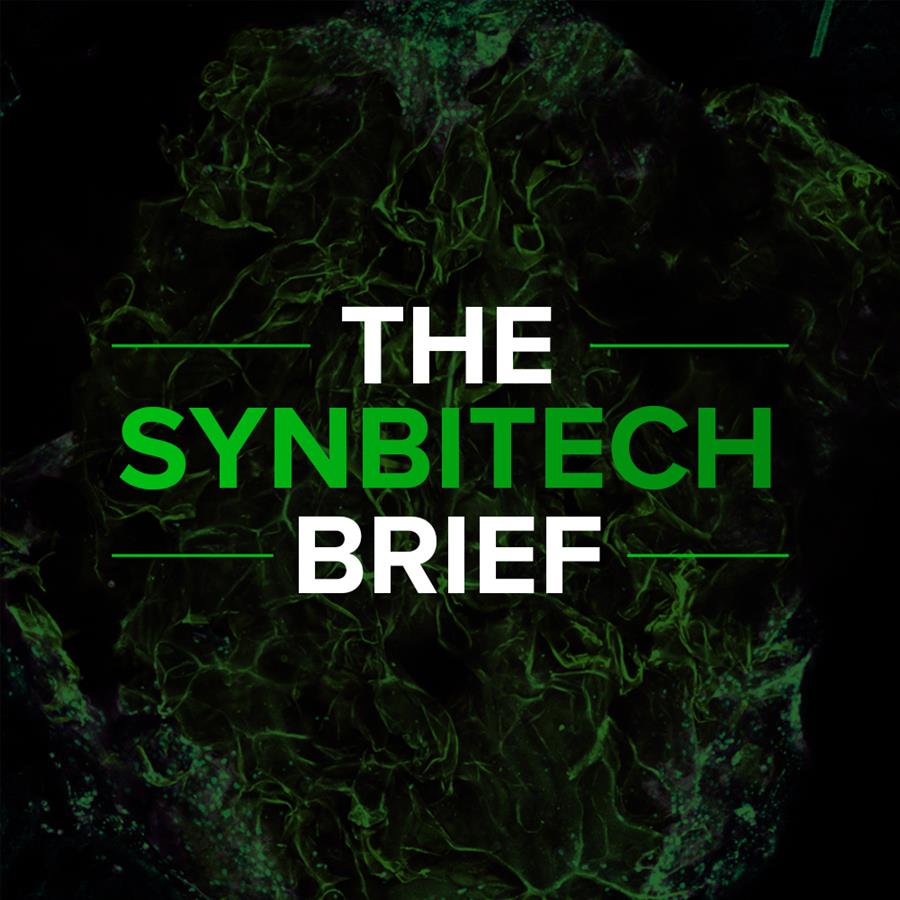Bridging Borders and Briefing Leaders

As the UK continues to define its global role post-Brexit, leaders in engineering biology are making a compelling case: to drive innovation and investment in synthetic biology, maintaining strong European relationships and engaging UK policymakers are essential strategies.
At the recent European investors’ meeting, European Circular Bioeconomy Forum – Amsterdam run by the European Circular Bioeconomy Fund (ECBF), Professor Richard Kitney highlighted the strength and momentum of the UK’s synthetic biology sector. With over 220 companies now operating across the UK, the sector is not only expanding rapidly but also drawing increasing interest from international investors. Events like these provide critical soft power opportunities, showcasing British innovation on a global stage and fostering inward investment.
In a similar spirit of diplomacy and connection, Kitney also recently attended the Bastille Day celebrations at the French Ambassador’s residence in London. These kinds of invitations serve more than a ceremonial purpose: they reinforce the value of building bridges with European counterparts. Engaging in such forums helps ensure the UK remains visible and valued in continental networks that influence funding, collaboration, and regulatory alignment.

“Sharing what’s happening in each country is vital,” Kitney noted. “You learn what others are doing scientifically, where industrial translation is succeeding, and where the funding flows are. It’s both a learning opportunity and a promotional platform.”
Despite the UK’s departure from the EU, ongoing dialogue with European peers remains crucial. The cultural differences in funding models; European companies relying heavily on EU grants, versus UK and US firms seeking early private investment, highlight the need for strategic alignment and mutual understanding. As the UK navigates Horizon Europe and other pan-European funding mechanisms, building collaborative bridges will ensure access to knowledge, markets, and capital.
Equally important is ensuring that UK politicians and civil servants are informed about developments in engineering biology. Surprisingly, many remain unaware of the sector’s scope and commercial potential. Engaging directly with policymakers helps influence regulatory frameworks and secures the infrastructure support needed to commercialise innovations.
“Many government representatives simply don’t know what’s happening in our field,” Kitney explained. “When they hear about it, often for the first time, they’re amazed. That gap needs to close.”
SynbiTECH2025 will play a pivotal role in both these aims: fostering pan-European partnerships and putting the sector firmly on the radar of policymakers and investors alike. As the UK’s flagship synthetic biology conference, it’s not just a forum for scientific exchange, but a strategic tool for positioning the UK as Europe’s SynBio leader.

Stay connected to the fast-moving world of engineering biology with The SynbiTECH Brief – a fortnightly LinkedIn newsletter bringing you curated industry news, expert commentary, and behind-the-scenes updates on SynbiTECH2025.
Each edition will deliver fresh perspectives on the commercialisation of synthetic biology, from funding trends and regulatory shifts to platform innovations and sustainability solutions. Whether you’re a founder, investor, policymaker or scientist, you’ll find timely insights and thought-provoking ideas that connect the lab to the market.
